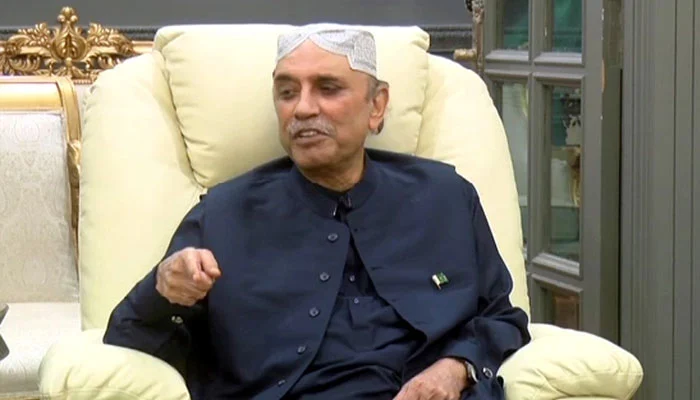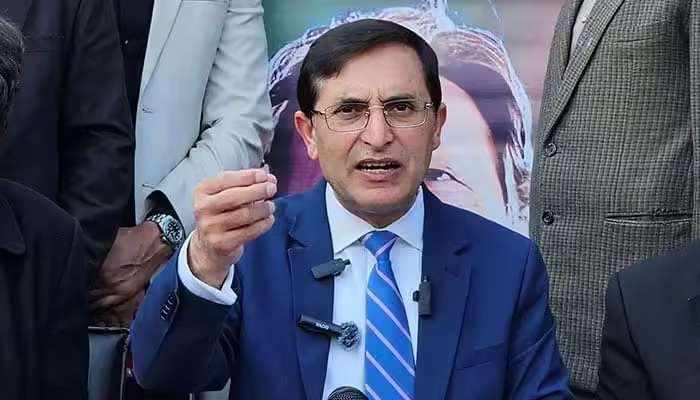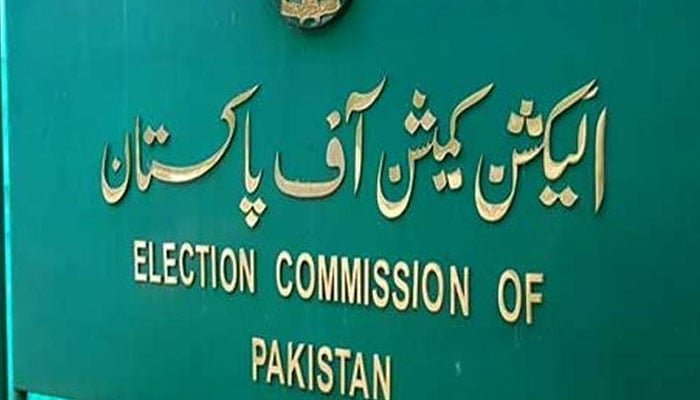In a recent statement, former President and President of the Pakistan Peoples Party (PPP), Asif Ali Zardari, highlighted a distinctive approach to political alliances, emphasizing the sufficiency of the people’s support for their party. This departure from the prevalent trend of forming alliances for political gains reflects the PPP’s commitment to its grassroots and the belief that the people’s trust is the ultimate source of legitimacy.
Zardari’s remarks gain significance in the context of the ongoing political landscape in Pakistan, where political coalitions are often perceived as instrumental in securing and sustaining power. The assertion that some individuals rely on alliances for authority, while the PPP considers the people’s support adequate, signifies a strategic shift within the party.
While the PPP has engaged in alliances in the past, Zardari’s statement implies a new perspective, placing greater emphasis on direct connections with the masses rather than seeking legitimacy through political partnerships. This stance aligns with the party’s historical commitment to democratic values and the idea that political power should emanate from the people.
Contrastingly, Chairman of the PPP, Bilawal Bhutto, responded to Nawaz Sharif’s visit to Balochistan by suggesting that Sharif might be facing challenges within the Pakistan Muslim League (N) in Lahore. Bhutto’s remarks hint at a possible recommendation for Sharif to focus on Lahore, implying that the Muslim League (N) might encounter difficulties in the city. This observation sheds light on the intricate dynamics and competitive spirit within the opposition camp.
Bilawal Bhutto’s comments demonstrate a nuanced approach, indicating that while certain fields may be claimed by others, the PPP remains ready to compete on every front. This adaptability aligns with Bilawal Bhutto’s broader vision for the party, emphasizing inclusivity and a commitment to engaging in the political arena regardless of challenges.
During a press conference on Tuesday, Bilawal Bhutto reiterated his commitment to a politics devoid of divisiveness, blame games, and revenge, emphasizing that such tactics are not part of his political upbringing. Bhutto’s forward-looking approach prioritizes constructive politics over personal vendettas, presenting a vision for a more mature and issue-centric political discourse.
Bilawal Bhutto’s insistence on pursuing a politics of dialogue and collaboration is particularly notable in a landscape marked by polarization and acrimony. He expressed optimism about Pakistan’s potential for progress if a more cooperative and solution-oriented political culture can be cultivated, showcasing a departure from the adversarial politics that often characterize interactions among political rivals.
The statements by Asif Ali Zardari and Bilawal Bhutto provide insights into the evolving political strategies within the PPP. Zardari’s emphasis on the power of the people over political alliances signals a strategic shift, while Bilawal Bhutto’s forward-looking and collaborative stance positions the PPP as a party ready to engage in constructive and issue-based politics. As political dynamics continue to unfold in Pakistan, these perspectives offer insights into the strategies and philosophies guiding one of the country’s prominent political parties.



